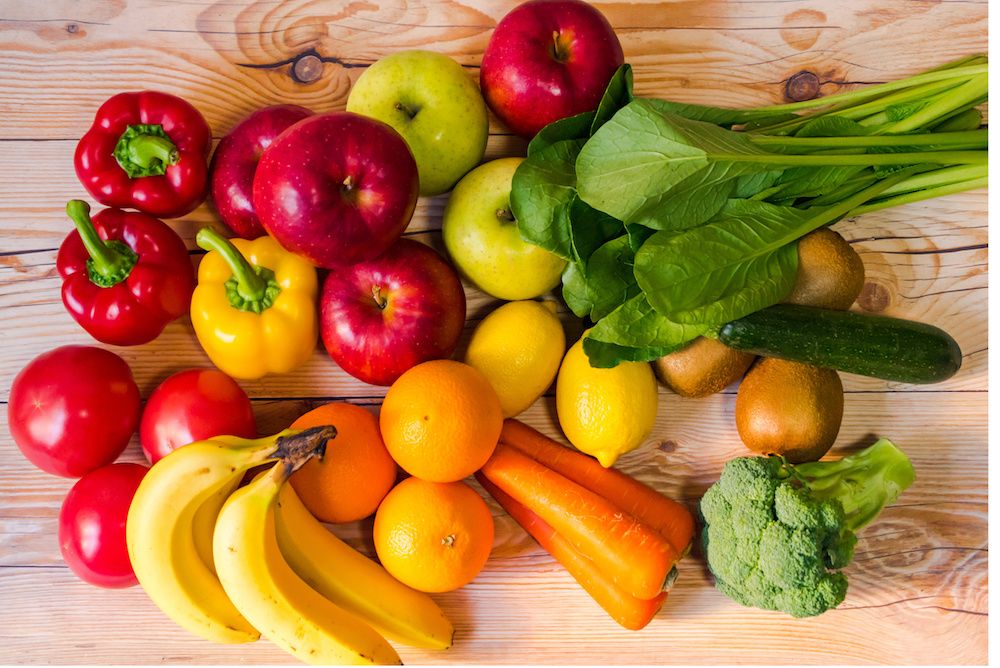If you feel well and your doctor has not restricted your diet, you may be interested in embracing a healthy lifestyle after cancer treatment. While healthy eating by itself cannot cure cancer or keep it from coming back, adopting a healthy lifestyle can help promote strength, healing, weight management, general well-being and enhanced quality of life. According to the American Institute for Cancer Research (AICR), a healthy lifestyle for cancer survivors includes aiming to be a healthy weight, being physically active, limiting alcohol consumption and making healthy food choices.
What Is the best healthy diet for cancer patients?
It’s not one food, or even a whole group of foods, that makes a difference when it comes to good nutrition. You may come across diets that completely eliminate whole food groups or that promote a specific “superfood.” This is a red flag! Your overall dietary pattern is what is truly important. It’s the combination of many different nutrients working together that offers the most benefit. Here are the AICR's recommendations for making healthy food and beverage choices:
- Fill your plate with vegetables, fruits, whole grains and beans. Make these a major part of your meals and snacks.
- Limit consumption of sugar-sweetened drinks, “fast foods” and other processed foods high in fat, starches or sugars. Limiting these foods will help you control calorie intake and maintain a healthy weight.
- Limit consumption of red meat (e.g., beef, pork, lamb) to 18 ounces per week and avoid processed meat (e.g., bacon, hot dogs, luncheon meats).
- Aim to meet nutritional needs through diet first, rather than supplements.
Never miss another Cancer Talk blog!
Sign up to receive our monthly Cancer Talk e-newsletter.
Set yourself up for success
The best way to put these recommendations into action is to set small goals for yourself. Rather than trying to overhaul your diet overnight, aim to take small steps toward healthier habits that last. Make sure you start with goals that are realistic for you, and then you can continue to build on the successful changes that you make.
Consider planning ahead. For example, make a list before you go to the grocery store, and stock your pantry, fridge and freezer with convenient meal ingredients to keep on hand, such as canned and frozen vegetables, fruit, beans and seafood. Plan to make enough for leftovers to freeze in single- or family-sized servings — ready-made meals for another day!
Take a moment to think about a goal that makes sense for you based on the recommendations above.

